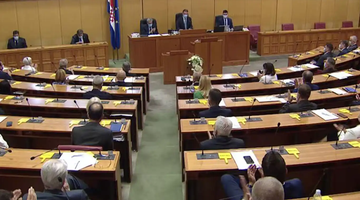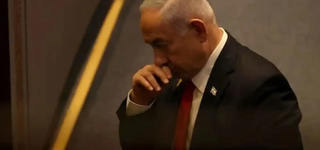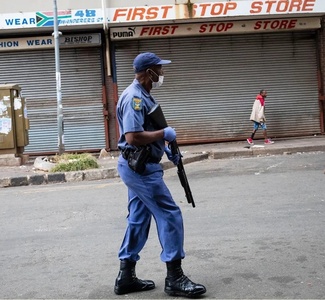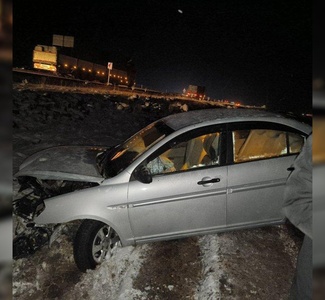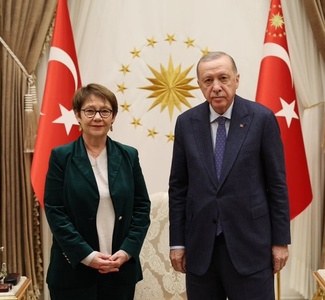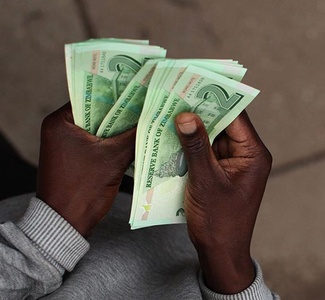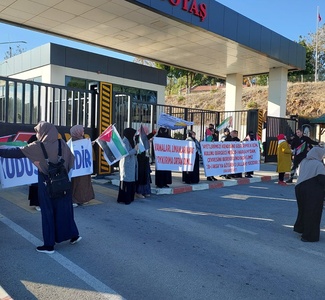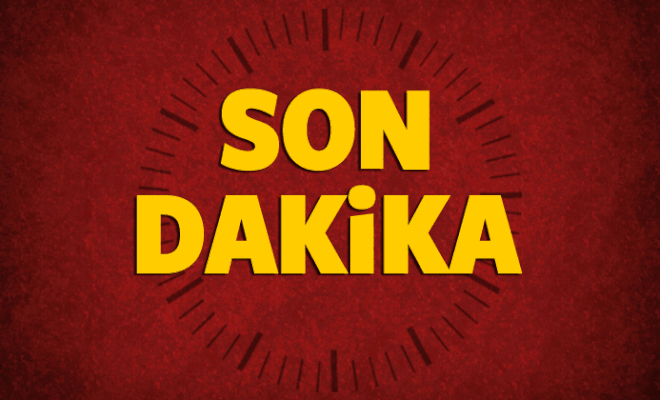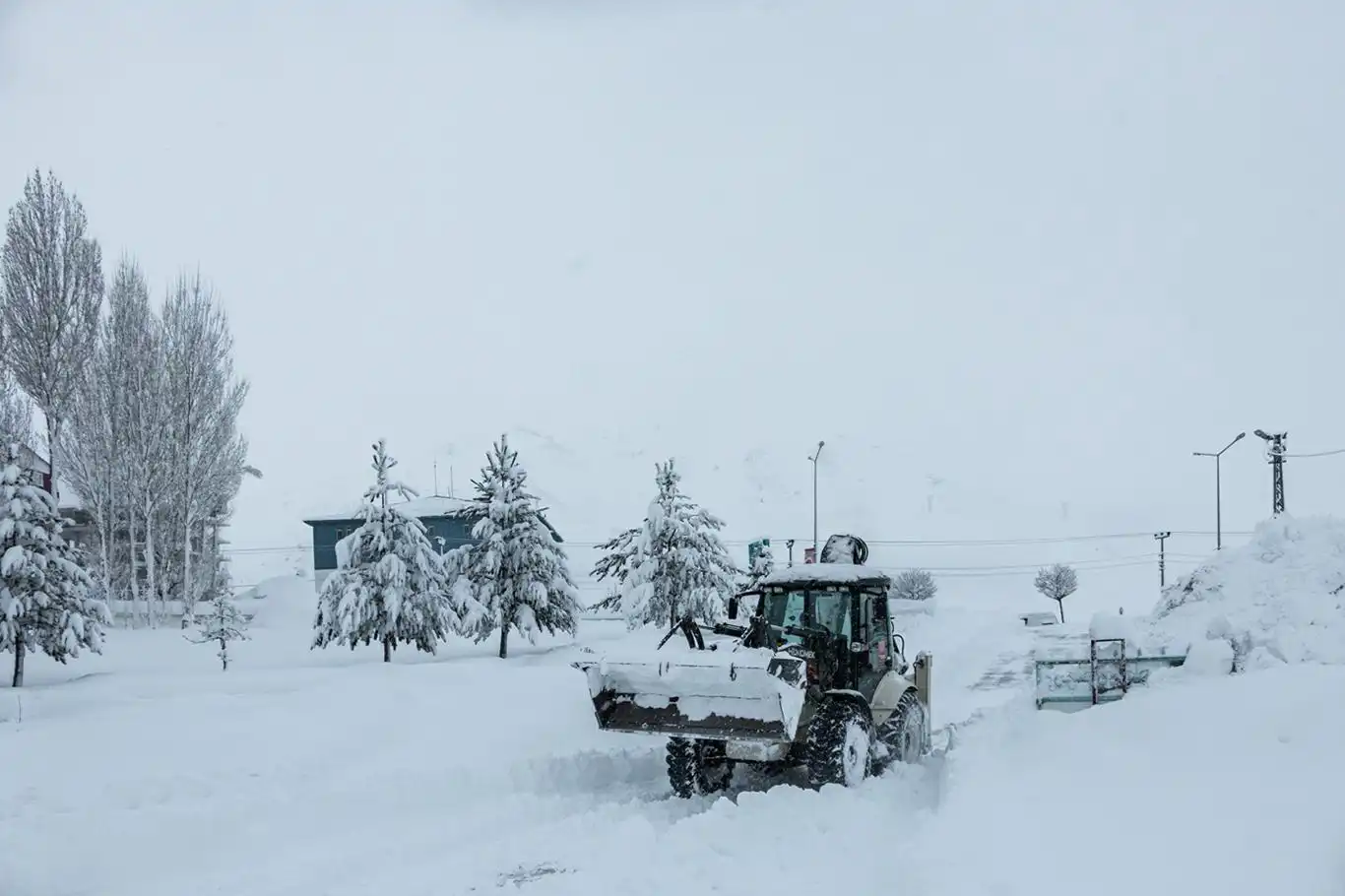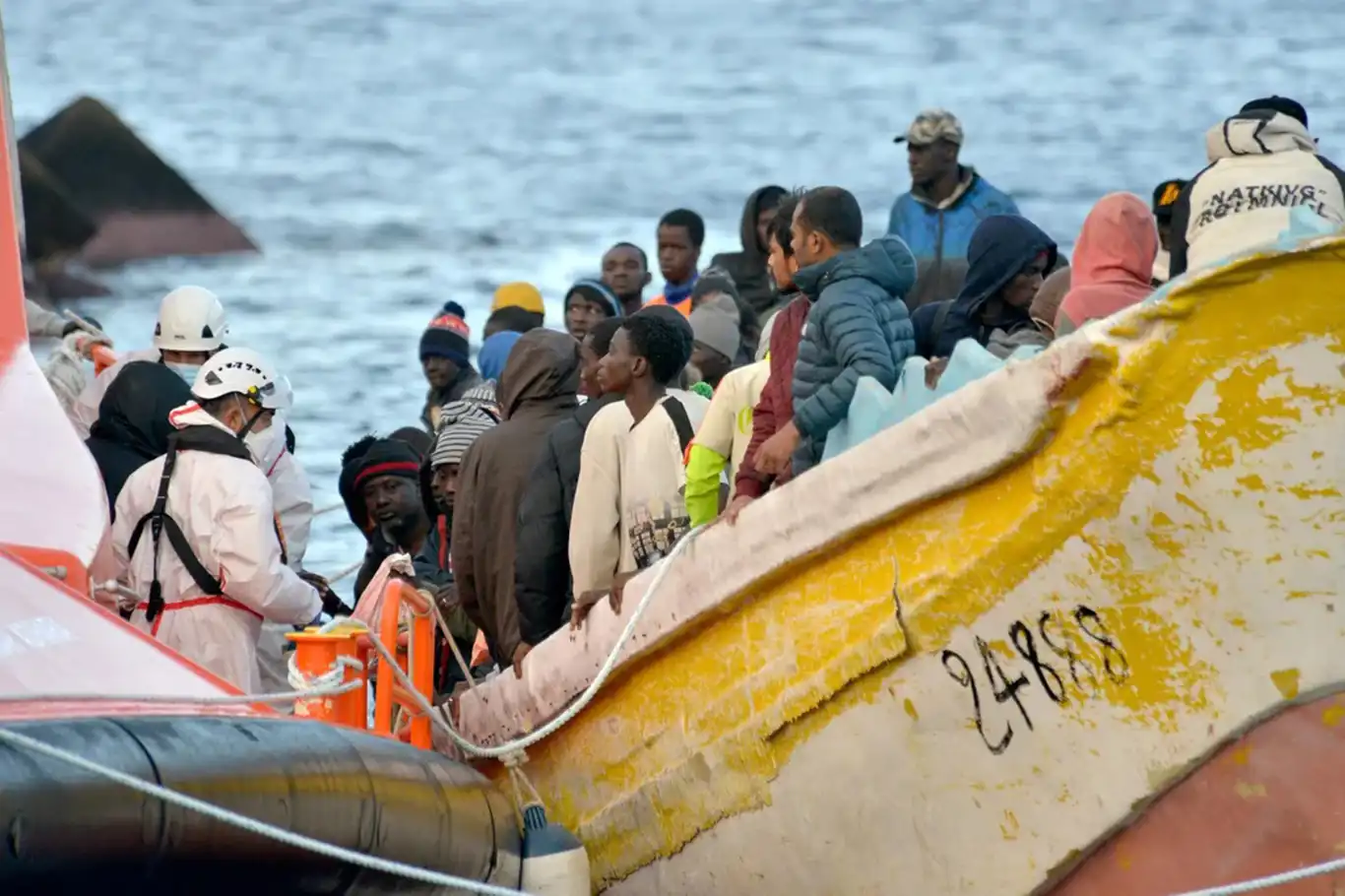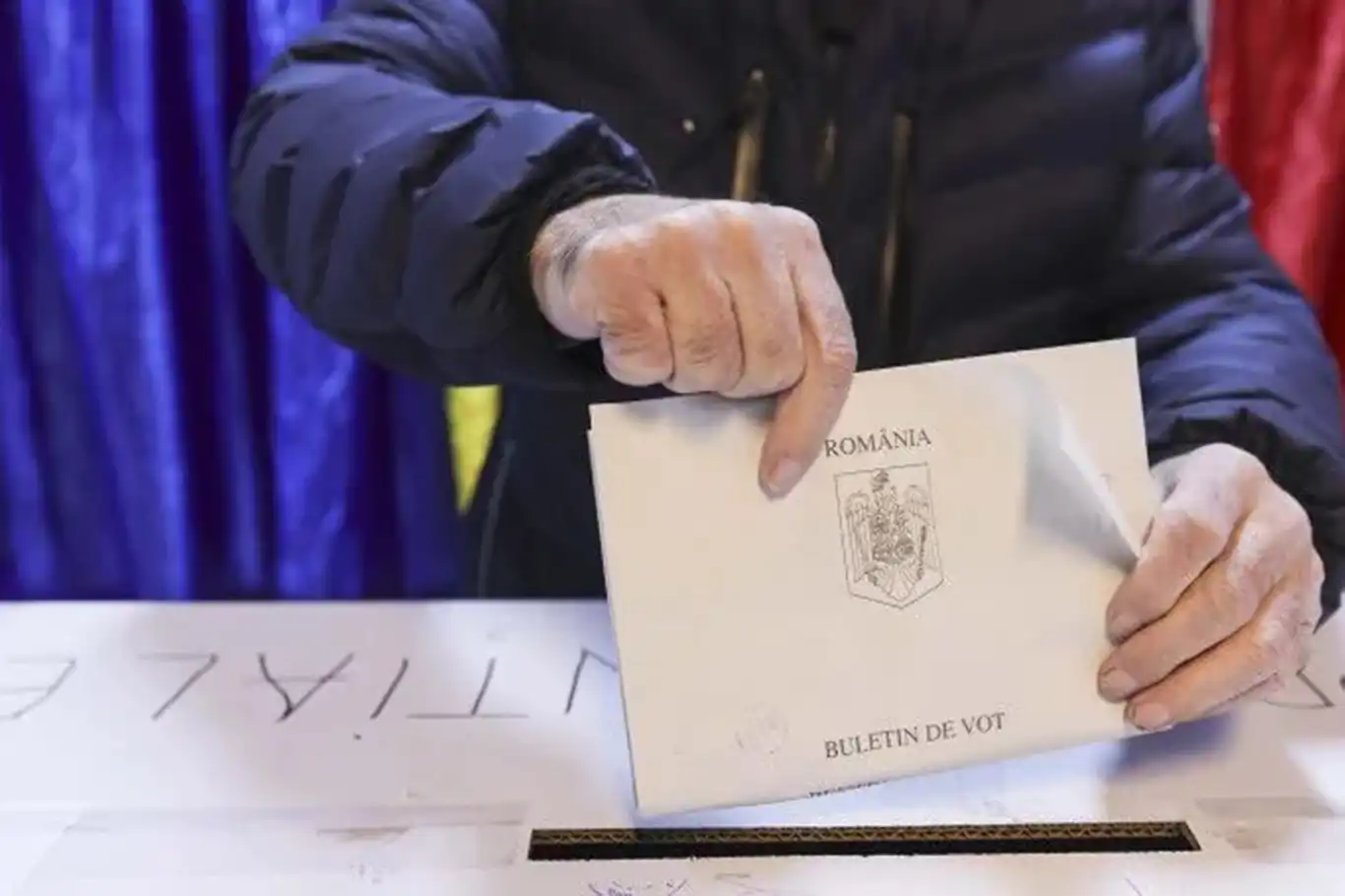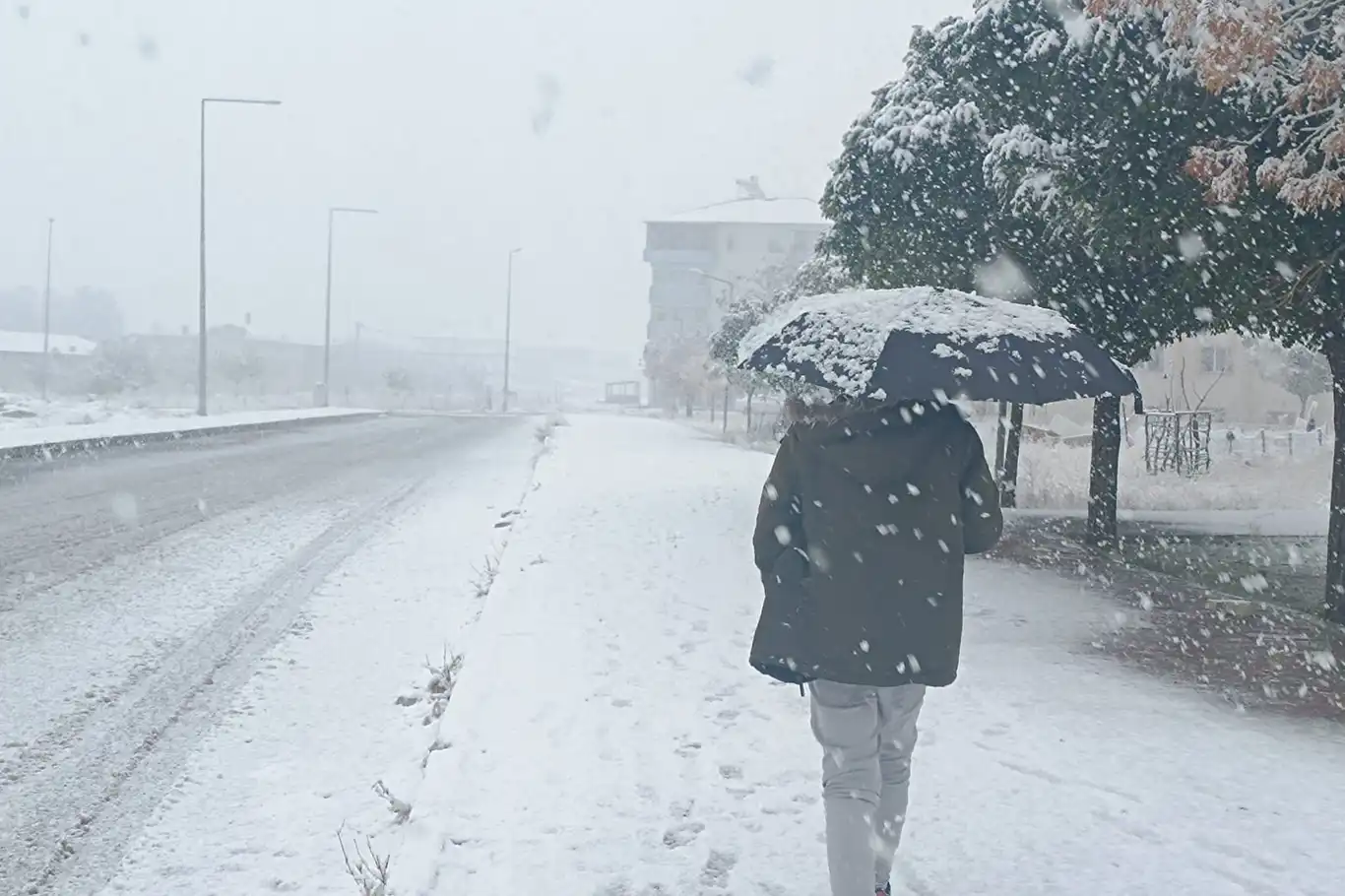Taiwan's incoming President vows to maintain status quo amid tensions with China
Taiwan's president-elect, Lai Ching-te, known for his staunch defense of the island's democracy, is set to be sworn into office on Monday as Beijing escalates military and diplomatic pressure on Taipei.
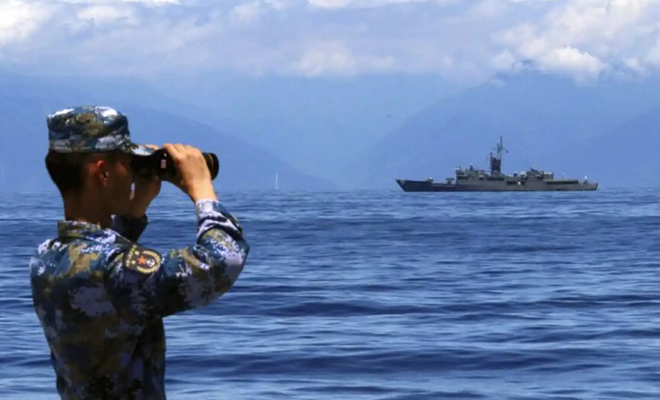
 Google News'te Doğruhaber'e abone olun.
Google News'te Doğruhaber'e abone olun. China, which claims Taiwan as part of its territory, has branded Lai a "dangerous separatist" and warned that his leadership will bring "war and decline" to the self-ruled island.
Lai will succeed President Tsai Ing-wen in a ceremony that will be closely monitored by both China and the United States, Taiwan's key partner and weapons provider.
Taiwan, a vibrant democracy with a population of 23 million, is separated by a narrow 180-kilometer (110-mile) strait from communist-ruled China. Beijing has intensified its military and diplomatic pressure on Taiwan during Tsai's eight years in power due to her Democratic Progressive Party's (DPP) rejection of China's territorial claims.
Lai, who is from the same party, has previously described himself as a "pragmatic worker for independence." In recent years, Lai and the DPP have moderated their rhetoric on formal independence, arguing that since Taiwan is already self-ruled, there is no need for a declaration that would provoke Beijing.
Lai is expected to "maintain the responsible policies of his predecessor," according to Amanda Hsiao of the International Crisis Group. His inaugural speech will be scrutinized for clues on how he will handle the delicate relationship with China.
Lai has made repeated overtures to Beijing, expressing a desire to resume high-level communications, which China severed after Tsai took office. "We will work to safeguard the status quo on both sides," Lai said at a democracy summit on May 14. "I will not rule out dialogue with China on the principles of mutual respect, mutual benefits, and dignity, with no preconditions."
Eight heads of state and around 50 foreign delegations are expected to attend the inauguration, including representatives from the United States and Canada, demonstrating support for Taiwan's democracy.
The dispute between Beijing and Taipei dates back to China's civil war, which ended in 1949 with Mao Zedong's communist forces defeating the nationalists of Chiang Kai-shek. The nationalists fled to Taiwan and claimed rulership of all of China, while the mainland claimed Taiwan.
China's Taiwan Affairs Office reiterated its opposition to Taiwan independence on Wednesday. "Taiwan independence and peace in the strait are incompatible like water and fire," spokesman Chen Binhua said. President Xi Jinping has intensified the rhetoric in recent years, asserting that "unification" is "inevitable."
Chinese warplanes, drones, and naval vessels maintain a near-daily presence around Taiwan. This growing assertiveness has raised concerns of a potential military conflict that could draw in the United States and its allies, with fears that a regional war could devastate the global economy. (ILKHA)





























